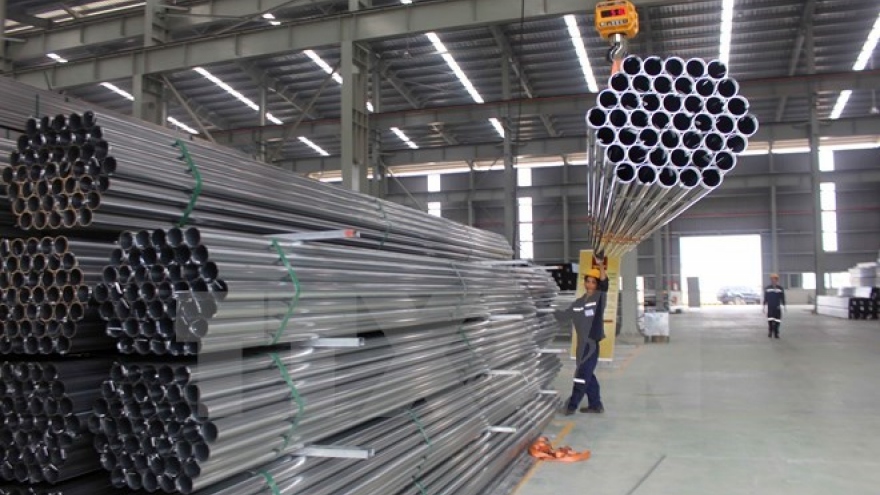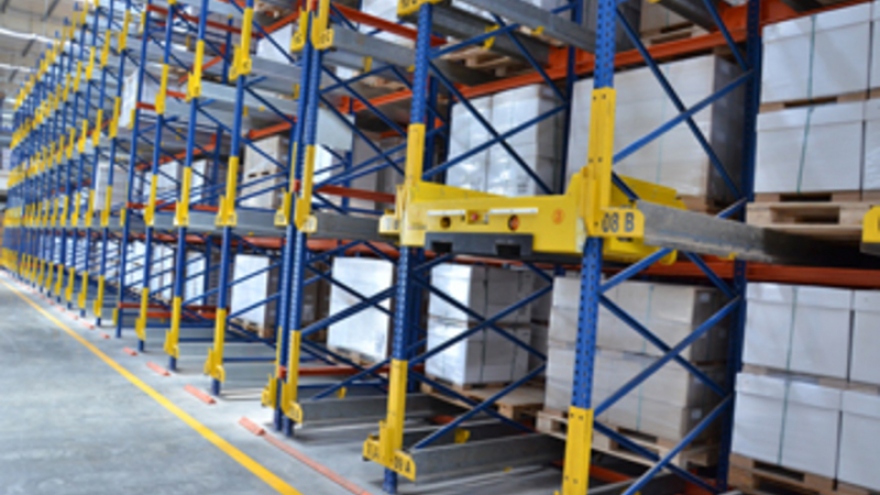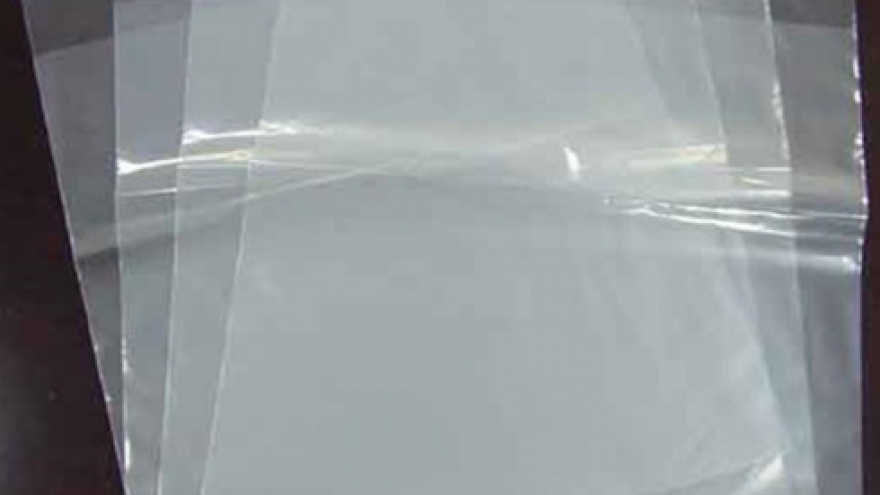Vietnam copes with free, fair trade and anti-dumping
VOV.VN - Trade remedies are trade policy tools that allow foreign governments to take remedial action against imports from Vietnam thus causing irreparable material injury to a domestic industry.
Such remedies, said Nguyen Chi Mai, head of the Vietnam Competition Authority (VCA), are divided broadly into three types – anti-dumping actions, countervailing duty measures, and safeguard actions.
At a recent seminar in Hanoi discussing trade remedies and their impact on exports Mr Mai underscored the point that each of these remedies is triggered in response to different situations— but anti-dumping actions are by far the most common.
“One recent study showed that right at 88% of all trade remedy actions involve anti-dumping,” said Mr Hai, so it is very important that all local businesses thoroughly grasp the basics of this type of action.
 |
“The action is technically undertaken in response to an application from one or more companies within an industry in the foreign country alleging injurious dumped imports,” said Mr Hai.
A local company is said to be ‘dumping’ when it sells its product at a price lower than its normal selling price in the export market, said Mr Hai, and it is important to note that the cost of producing the product by the local company is not relevant to the determination.
Many local companies are under the false impression that if they can produce a product at a significantly lower cost in Vietnam, they can then sell that product at a much lower selling price in the foreign market
Their thinking, on the one hand, is that demand is elastic and a lower sales price will inevitably result in higher gross revenues and bottom line earnings and that the lower price gives them a competitive advantage, said Mr Hai.
Unfortunately, that thinking is totally incorrect. If a local company sells its product in a market below the normal selling price for that product in the export market, then that by WTO and GATT 1994 definition is dumping.
Provided, of course, the complaining companies in the export market can prove their damages. Further, damages by those companies, if proven, is legally presumed to be the same as damage to the industry in the export market.
Markets that are the most litigious when it comes to filing anti-dumping actions are the US, EU, India, Argentina, Australia and Brazil, said Mr Hai. While countries that have had the most actions lodged against them are China, the Republic of Korea, the US and Taiwan.
Citing official statistics of the government, Mr Hai said, through 2015, 98 trade remedial actions have been lodged against Vietnam with 59 of them classified as anti-dumping cases.
Many anti-dumping actions filed by countries regarding exports by local companies are the result of their use as – non-tariff trade barriers – and are baseless and filed solely as a means of impeding competition from Vietnam, sad Mr Hai.
At the seminar, Nguyen Phuong Nam of the VCA spoke about the procedural steps for local companies in responding to an anti-dumping action filed against them and steps in preparing information needed to file an effective defence.
Mr Nam said local companies should learn as much about issues related to trade defence and how to utilize the VCA Early Warning System on these types of cases, to avoid the lodging of actions against them.
The seminar on free trade versus fair trade and the effective use of trade defence remedies to protect domestic production was organized by the VCA and is part of its continuing series of seminars on trade related issues.




